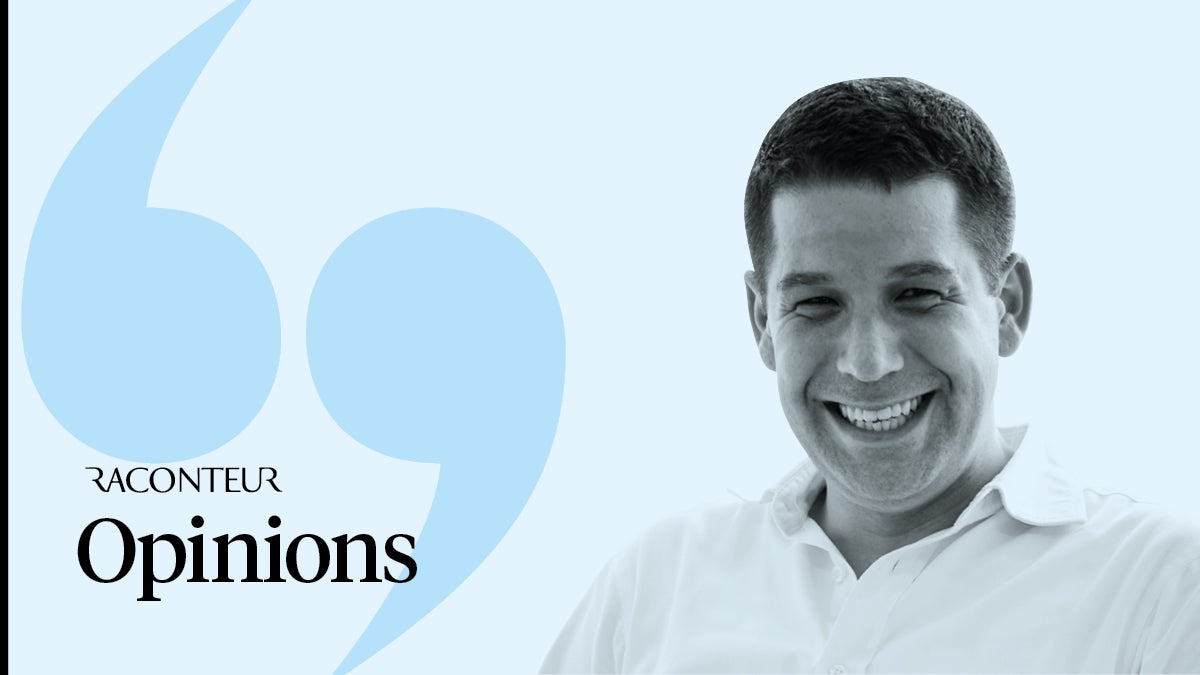
No one will disagree, coronavirus has changed the game, turning the world on its head. And while we haven’t really begun to see the long-term ramifications of 2020, one thing is for sure: there is a sea change happening and with it comes the opportunity to do things differently.
Over the past decade, I’ve watched environmental, social and governance (ESG) issues move from a small consideration for a select few to occupying centre stage, integral to all decisions and the key risk lens investors use to measure, monitor and evaluate their portfolios. Despite this previous shift, however, the advancement of ESG over the next 12 months is going to make the evolution of the past decade look tiny.
The ‘E’ in ESG: From impossible to possible
COVID-19 has taught us how quickly the world can mobilise and the resources that can be brought to bear against a specific threat. In a matter of months, governments changed the social contract and, by and large, populations played their part when locked down.
Trillions upon trillions of dollars were spent to support economies until the storm clouds seemed to clear. It shows what can be done when faced with a monumental challenge and it gives me hope that a force of similar magnitude can be galvanised against climate change, helping us move towards a more sustainable future.
The ‘S’ in ESG: From lip-service to locked in
Many companies used to pay lip service to the “S”, but not anymore. People will remember how you treated others in times of acute stress and customers will understand what a company’s true values are, not just words flashed across a website. Employees will want to work for companies that truly look after their teams and customers will only want to buy from companies that treat not only their employees fairly, but also their entire supply chain.
Companies that do both will emerge the winners and companies cutting corners in the short term will ultimately go the way of the dinosaurs. We are about to watch a massive acceleration of corporate social evolution. While already underway, how companies behave in the next 12 months will speak volumes about who they really are, what they really believe in and how far they are really willing to go.
The ‘G’ in ESG: From compulsory to critical
Lockdown showed the difference between companies talking a good game on governance, compared to those that actually had robust structures in place. Think back to the end of March; the economy went into hibernation, offices closed, pubs and restaurants stopped trading. It was as if someone hit the pause button on life, but businesses still had to fight for their survival and do it remotely.
Those that took governance seriously worked long hours, but it was hours spent on building their business to be even stronger and more robust. While those that did not were simply bailing out water from a sinking ship.
In the not-too-distant future, the head of ESG will be as powerful as the chief information officer. How investors manage risk will change significantly and the questions they ask before making an investment will be different. The fiscal and monetary support will eventually start to wane and companies will find themselves in a different environment. As investors, we have a golden hour to fundamentally change the industry, creating a better outcome for the environment, wider society and people’s retirement. But this window will soon shut, so let’s not waste this time.

No one will disagree, coronavirus has changed the game, turning the world on its head. And while we haven’t really begun to see the long-term ramifications of 2020, one thing is for sure: there is a sea change happening and with it comes the opportunity to do things differently.
Over the past decade, I’ve watched environmental, social and governance (ESG) issues move from a small consideration for a select few to occupying centre stage, integral to all decisions and the key risk lens investors use to measure, monitor and evaluate their portfolios. Despite this previous shift, however, the advancement of ESG over the next 12 months is going to make the evolution of the past decade look tiny.





